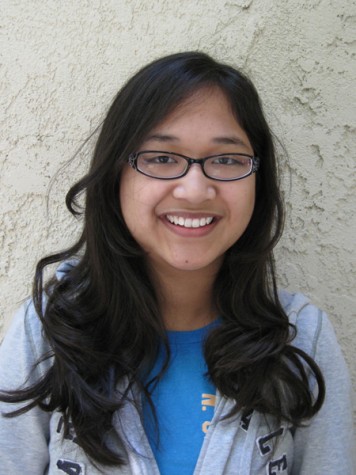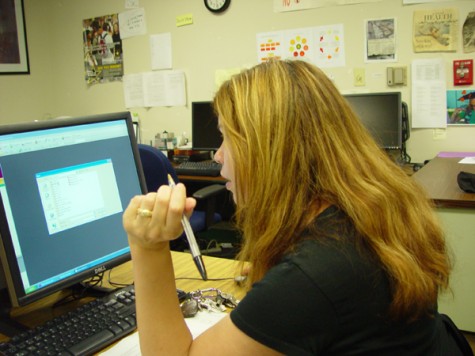Half the seats in Kreider Hall were filled during “America and the Philippines: A Historical Examination,” a lecture conducted by social science professor Victor Nebrida.
The lecture took place from 5 p.m. to 6 p.m. on Oct. 6.
The lecture covered a series of significant historical events in Philippine history with particular focus given to the Philippine-American War, a two and a half year conflict that is often omitted in American-taught history.
“If you look at the Philippine-American War, which was very brutal, which started Feb. 4 [1899], it lasted for about two-and-a-half years,” said Nebrida. It ended in 1902 – much, much longer than the Spanish-American War”
He noted that although 4,200 American soldiers were killed and Filipino casualties reached 600,000 during the war, U.S. history puts the spotlight on the Spanish-American War.
“The Spanish-American War is a very well remembered war. It only lasted for three months. Less than 500 Americans died,” he said. “Yet we don’t remember this [the Philippine-American] war at all. We remember the Spanish-American War.”
The social science professor discussed how Americans treated Filipinos after winning the war.
Upon claiming victory, America contributed to Filipino infrastructure, and most notably taught Filipinos using the American model of education.
Nebrida projected images on a screen to complement his lecture. Among the images he displayed was a standard grade school curriculum in 1907. The curriculum included a number of subjects, but no course covered Philippine history.
“No Philippine history was actually encouraged after the 1902 defeat of the Filipinos. There was no history written about the war or anything else,” Nebrida said.
In the 1920s Filipinos had the highest literacy rates, but were unfamiliar with Filipino heroes, literature or history.
“What was written was basically based on the education that the Filipinos received, which was American education. So what you have is a period of forgetfulness,” Nebrida explained.
In 1951 the Philippines attempted to reconstruct the history of the Philippine-American War based on the oral interpretation of Filipinos who had taken part in it.
By this time, however, it was too late. Of 264 accounts from one province, only 31 recalled any American invaders.
Throughout the lecture Nebrida revisited reasons that the war is essentially forgotten.
“The politics here, the way the United States has dealt with the Philippines, up till today, is using selective memory,” he said. “Because to actually just even mention the Philippine-American War, you’re actually mentioning a different America. It is America that came as an occupier, as an invader. And that changes the whole tone,” he said. “By eliminating the war we’re coming in as liberators and then of course we set the road to progress and prosperity for the Philippines.”
“America and the Philippines: A Historical Examination” is the second in a series of lectures that Glendale College will sponsor this month.
The lectures are part of the “One Book/One Glendale” citywide reading event. This year’s book is “Shanghai Girls” by Lisa See.


